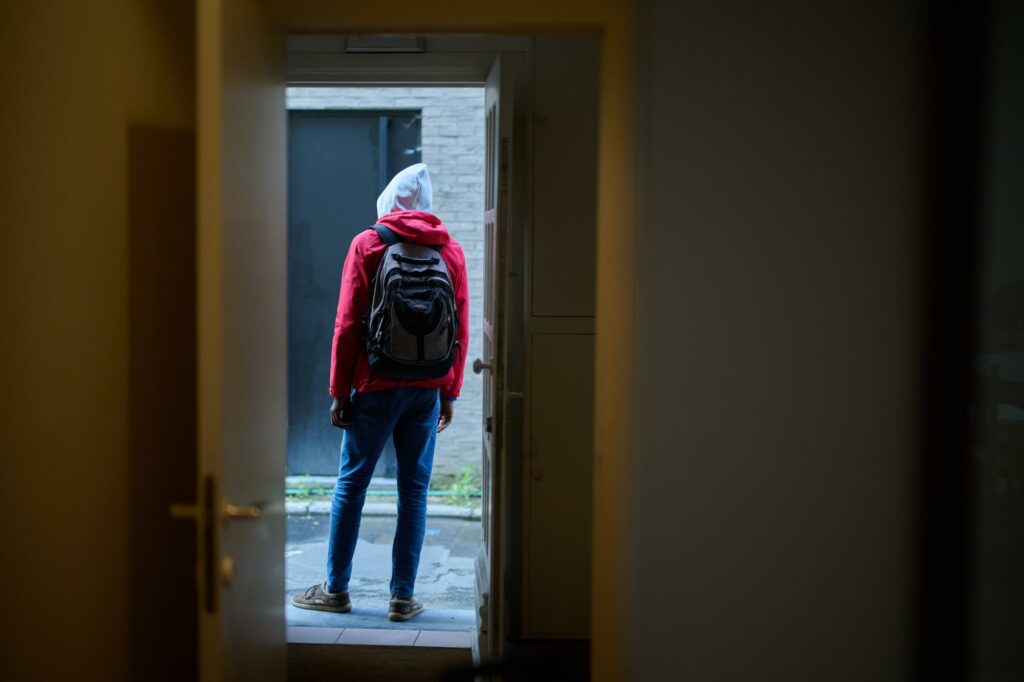One in three homeless people suffer from mental health issues, with organisations on the ground saying that more housing is the key to addressing the crisis.
A report published by the King Baudouin Foundation (KBF) on Tuesday showed that 30% of homeless people in Belgium face mental health issues, 28.8% struggle with drug addiction and 14.4% deal with both issues.
KBF says that collaboration between social assistance, mental health services and housing facilities is essential, but such coordination "can only work if there is housing security. Without a roof over one's head, it is almost impossible to tackle underlying problems."
Timothée McDwyer, a social worker and psychologist at the non-profit organisation DUNE, reiterates the central role housing plays in providing enough stability to deal with deeper issues.
"Housing in general, particularly housing that promotes solidarity and creates social links, is very important for people who feel out of place and need a structured way of living," he told The Brussels Times.
Both KBF and DUNE note the importance of Housing First, a Europe-wide housing scheme, but McDwyer points out it is only open to people with an income. Other initiatives must be pursued at the same time.

Credit: Marc Wallican / W13.
'Of course people behave badly'
Mental health issues facing homeless people are of unique proportions and demand specific attention, says McDwyer.
"It is just like the US after the First World War, when no-one understood why soldiers were traumatised," he said. "Living on the street is extremely traumatic. Of course people behave badly. We work with people who are attacked on a daily basis, who are in a constant state of fear. It has terrible effects and must be avoided at all costs."
These difficulties push many individuals to consume harmful substances. Centres offering overnight stays will not allow a person to enter if they are intoxicated, meaning that a vicious circle between substance abuse and sleeping rough is difficult to escape.
Housing is therefore a preventative measure against worsening mental health conditions. "The longer the period of homelessness, the greater the risk of developing mental health problems, which underlines the importance of prevention," the KBF report states.

